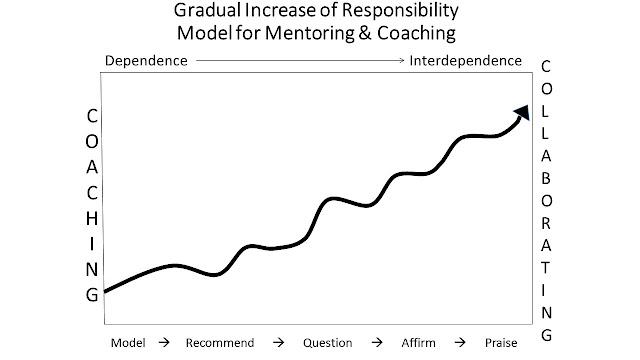Coaches appropriately prompt planning and reflection by asking questions. But what happens when inquiry doesn’t work?
https://www.edutopia.org/article/pbl-maintaining-student-engagement
Nourishing your soul for the work:
https://choiceliteracy.com/article/nourishment-making-time-and-space-for-little-joys/
Ideas for incorporating daily reflective practices:
https://www.insightadvance.com/blog/4-ways-that-teachers-can-incorporate-daily-reflective-practices
A short video on setting up a student-centered classroom:
https://www.youtube.com/watch?v=1OsQS7Sanxg
Image Candy is a free site to modify images (remove background, add text, etc.:
https://imgcandy.com/
That’s it for this week. Happy Coaching!
Was this helpful? Please share!
Want to know about new posts? Click “Follow” (bottom right)
Follow on Facebook at: facebook.com/mycoachescouch and Twitter and Instagram @vscollet for more coaching and teaching tips! You can also find me at VickiCollet.com
---------------------------------
My book, Differentiated Mentoring & Coaching in Education: From Preservice Teacher to Expert Practitioner is available from Teachers College Press! I’m so excited to share it with you! You can use the code: JAN2023 for 15% off plus FREE SHIPPING. Click here and I’ll email you the free Book Group Study Guide that includes questions, prompts, and activities you can use as you share the book with colleagues. I hope you’ll love this book as much as I loved making it for you!
----------------------------------
Nourishing your soul for the work:
https://choiceliteracy.com/article/nourishment-making-time-and-space-for-little-joys/
Ideas for incorporating daily reflective practices:
https://www.insightadvance.com/blog/4-ways-that-teachers-can-incorporate-daily-reflective-practices
A short video on setting up a student-centered classroom:
https://www.youtube.com/watch?v=1OsQS7Sanxg
Image Candy is a free site to modify images (remove background, add text, etc.:
https://imgcandy.com/
That’s it for this week. Happy Coaching!
Was this helpful? Please share!
Want to know about new posts? Click “Follow” (bottom right)
Follow on Facebook at: facebook.com/mycoachescouch and Twitter and Instagram @vscollet for more coaching and teaching tips! You can also find me at VickiCollet.com
---------------------------------
My book, Differentiated Mentoring & Coaching in Education: From Preservice Teacher to Expert Practitioner is available from Teachers College Press! I’m so excited to share it with you! You can use the code: JAN2023 for 15% off plus FREE SHIPPING. Click here and I’ll email you the free Book Group Study Guide that includes questions, prompts, and activities you can use as you share the book with colleagues. I hope you’ll love this book as much as I loved making it for you!
----------------------------------



No comments:
Post a Comment